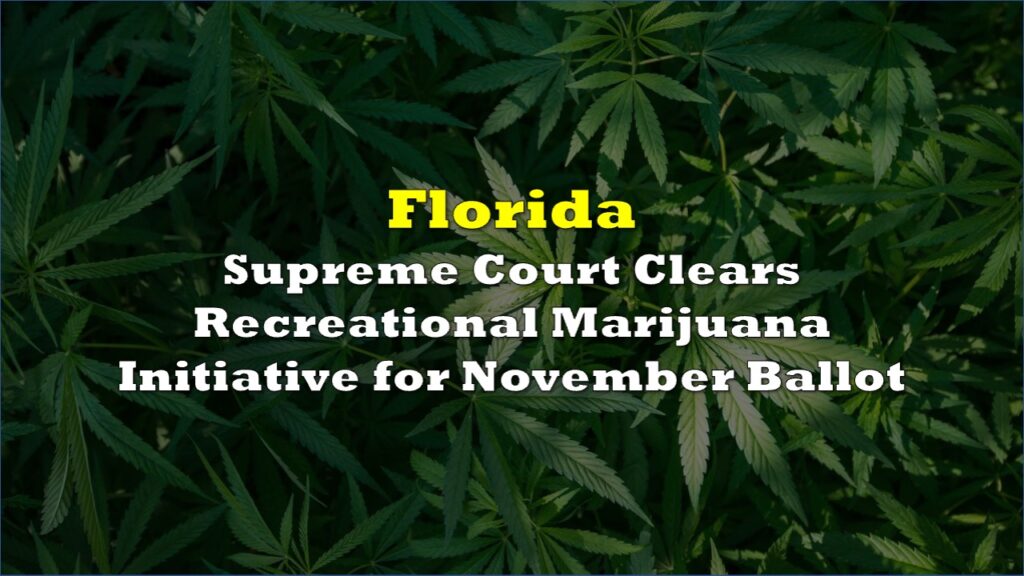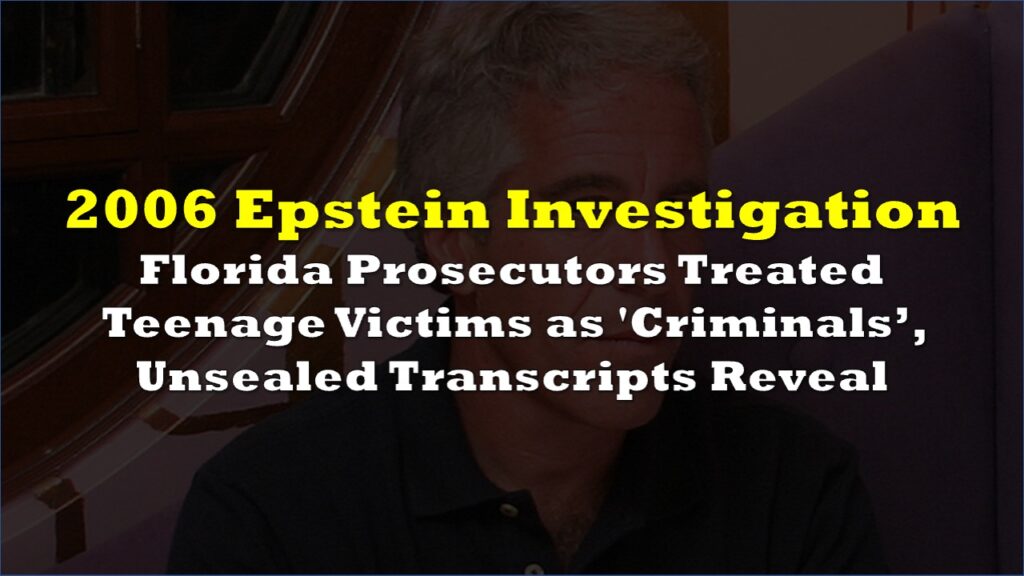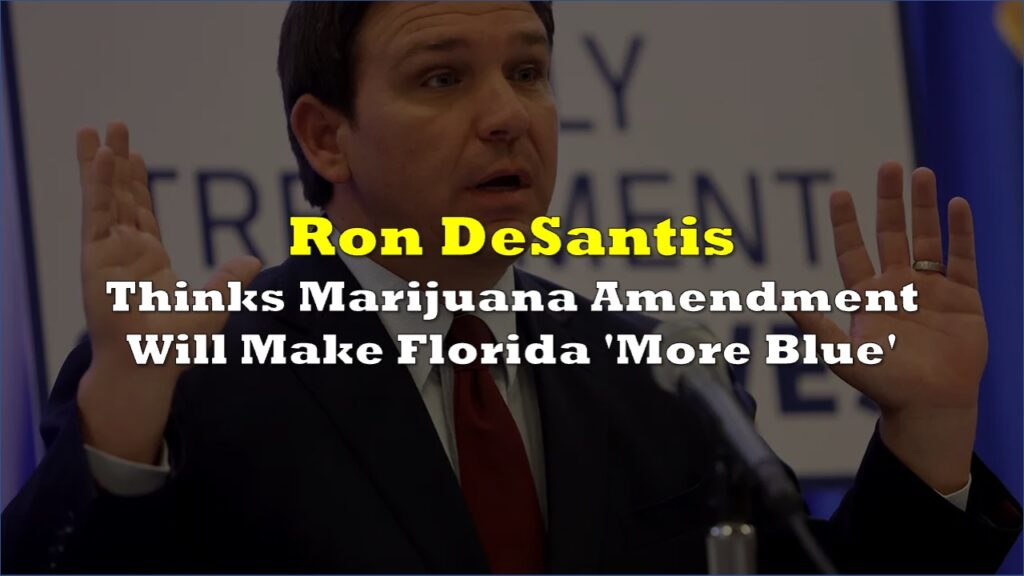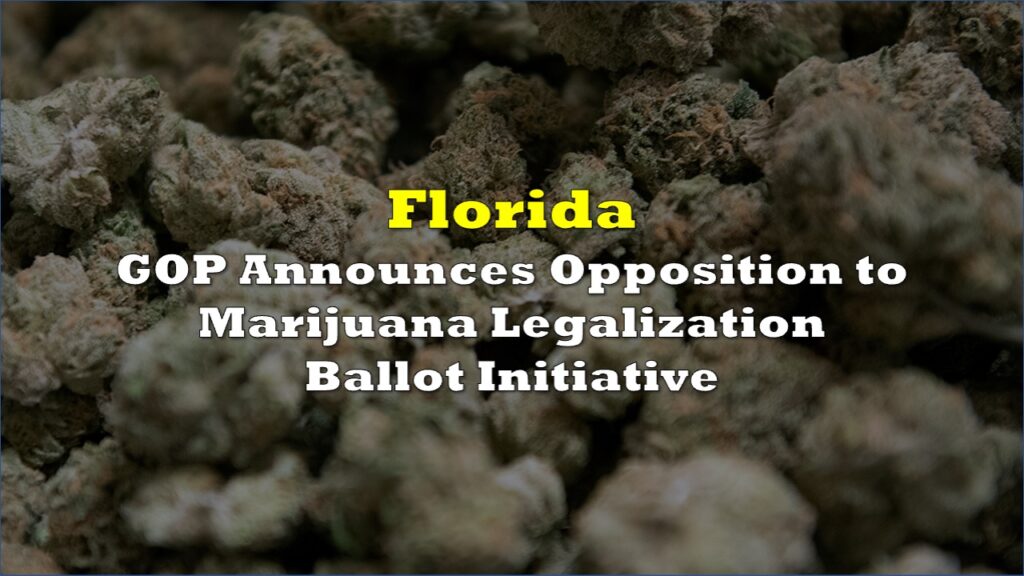The Florida housing market is in turmoil as skyrocketing special assessments force condo owners to make a grim choice: pay exorbitant fees or sell their homes. This crisis, which has been building since the Surfside condominium collapse in June 2021, now threatens to displace thousands of residents, particularly seniors on fixed incomes.
In the aftermath of the Surfside tragedy, Florida lawmakers passed stringent reforms aimed at enhancing building safety. One of these measures mandates that condo associations maintain sufficient reserve funds by the end of 2024. This requirement, while well-intentioned, has had unintended consequences. To comply, many associations have imposed massive special assessments on condo owners, creating financial strain for residents across the state.
Christy Rojas, a long-time resident of Southwest Miami-Dade, illustrates the dire situation. “There’s always a special assessment,” she said. “You either pay for it, or you sell and leave.” Rojas pays over $600 a month in HOA dues and special assessments—double her mortgage amount.
The Florida Legislature has created a catastrophic situation and must urgently hold a special session, as @GovRonDeSantis recommended, to address this man-made crisis. Real estate experts warn of an unprecedented surge in Florida condo listings due to crippling special…
— Jeff Brandes (@JeffreyBrandes) August 7, 2024
Real estate experts, like Craig Studnicky, CEO and broker at ISG World, warn of the scale of the issue. “They are six figures and they’re growing,” Studnicky noted, referring to the costs needed to fix structural imperfections in older buildings. “I’ve heard as high as $350,000 per unit. It’s even hard to get a mortgage lender to want to lend on any of those units because of the threat of the special assessments.”
ISG World’s analysis shows a dramatic rise in condo listings in South Florida. Active listings in Palm Beach, Broward, and Miami-Dade counties soared from 8,353 in the second quarter of last year to over 20,293 in the same period this year. Nearly 90% of these units are in buildings over 30 years old, making them particularly vulnerable to the new regulations.
State Representative Alex Rizo acknowledges the financial strain on condo owners. “We know that people are hurting,” Rizo said. There are discussions in Tallahassee about potential solutions, such as extending the timeline for reserve fund requirements or implementing a sliding scale based on the property owner’s age. However, no specific plan has been finalized.
For many residents like Rojas, these discussions offer little solace. “The money is the problem,” she said. “If they keep on putting more assessments, what are people gonna do?”
Jeff Brandes, a prominent figure in Florida’s political landscape, has voiced urgent concerns about the situation. “The Florida Legislature has created a catastrophic situation and must urgently hold a special session, as [Florida Gov. Ron DeSantis] recommended, to address this man-made crisis,” Brandes posted on X. He emphasized the need for immediate legislative action to alleviate the financial burden on condo owners, warning of an impending wave of bankruptcies.
93% increase on insurance
Compounding the crisis is the rising cost of home insurance in Florida. Citizens Property Insurance Corp., the state’s largest insurer, has requested a 13.5% rate hike but argues that a 93% increase is necessary to remain competitive. Brian Donovan, Citizens’ chief actuary, explained that the average price of homeowners’ multi-peril policies would rise from $3,560 to $4,041 under the proposed hike.
Citizens CEO Tim Cerio justified the increase, stating, “We’re the state-sponsored insurer of last resort, and the insurer of last resort in any state should never be competing with the private market.” He added, “The market is recovering, and that is really good news. But Citizens’ rates are actuarially unsound, and we are competing with the private market.”
Ironically, Citizens was created as a state-backed insurer of last resort to provide more affordable insurance options for residents who couldn’t secure plans elsewhere. This initiative emerged in response to skyrocketing home insurance prices in Florida, driven by frequent hurricanes and tropical storm
Critics argue that Florida residents already face the highest home insurance rates in the country. A study by virtual insurance company Insurify revealed that Florida homeowners paid an average annual premium of $10,996 in 2023, far above the national average of $2,377. The state has also experienced some of the sharpest premium increases and has the highest share of insurers transferring risk to reinsurance companies.
The combined impact of soaring special assessments and rising insurance rates has created a perfect storm for Florida condo owners. Real estate experts warn that the current trajectory is unsustainable, and immediate legislative intervention is crucial to prevent further economic hardship and displacement of residents.
“The Florida Legislature must act now to protect condo owners from this state-sanctioned disaster,” Brandes urged.
Information for this briefing was found via NBC, Newsweek, and the sources mentioned. The author has no securities or affiliations related to this organization. Not a recommendation to buy or sell. Always do additional research and consult a professional before purchasing a security. The author holds no licenses.









